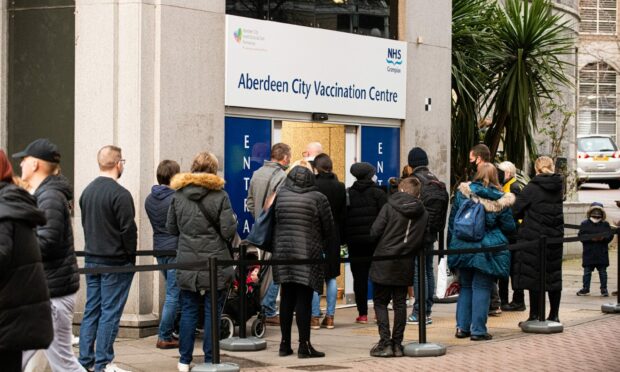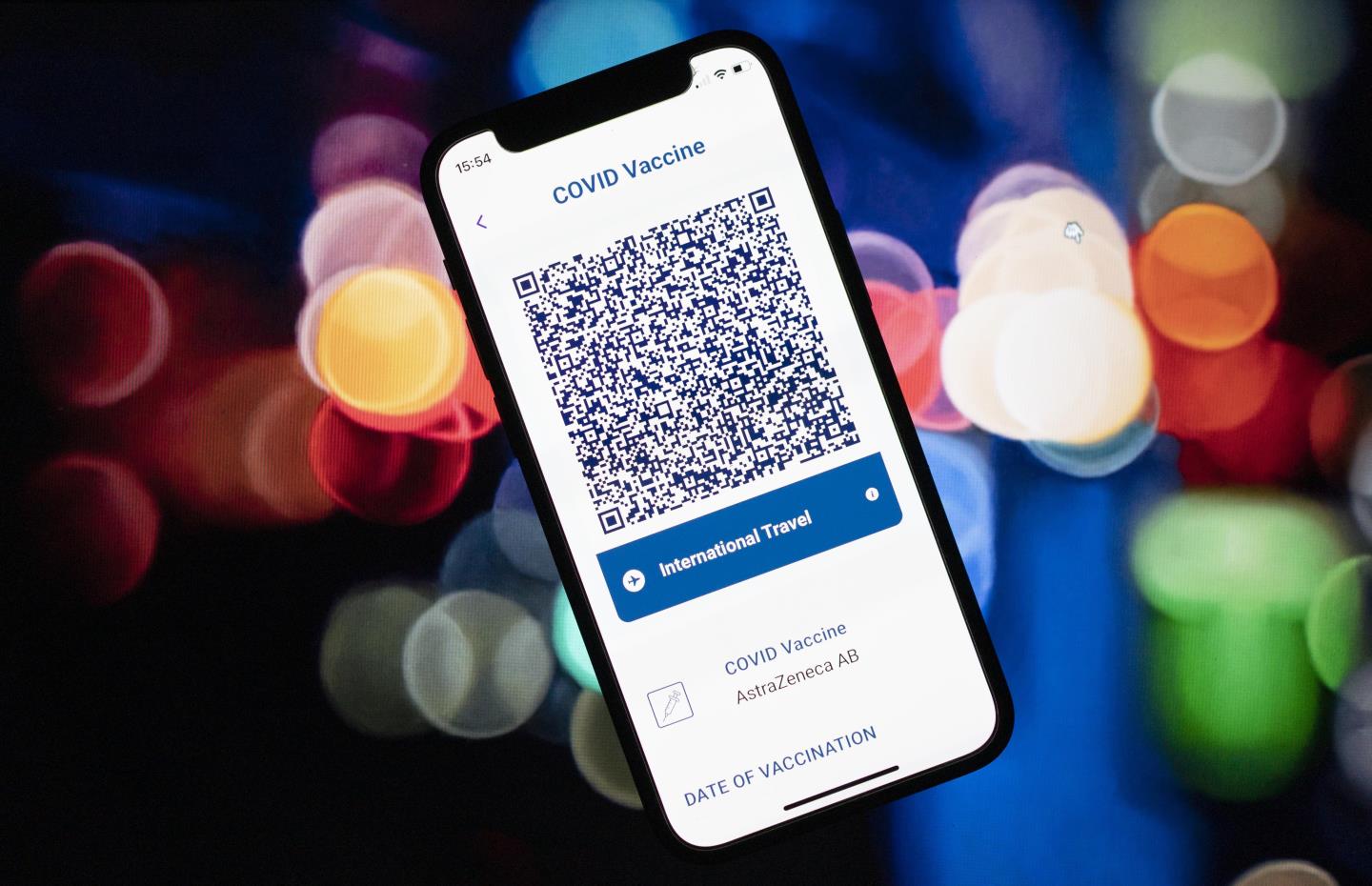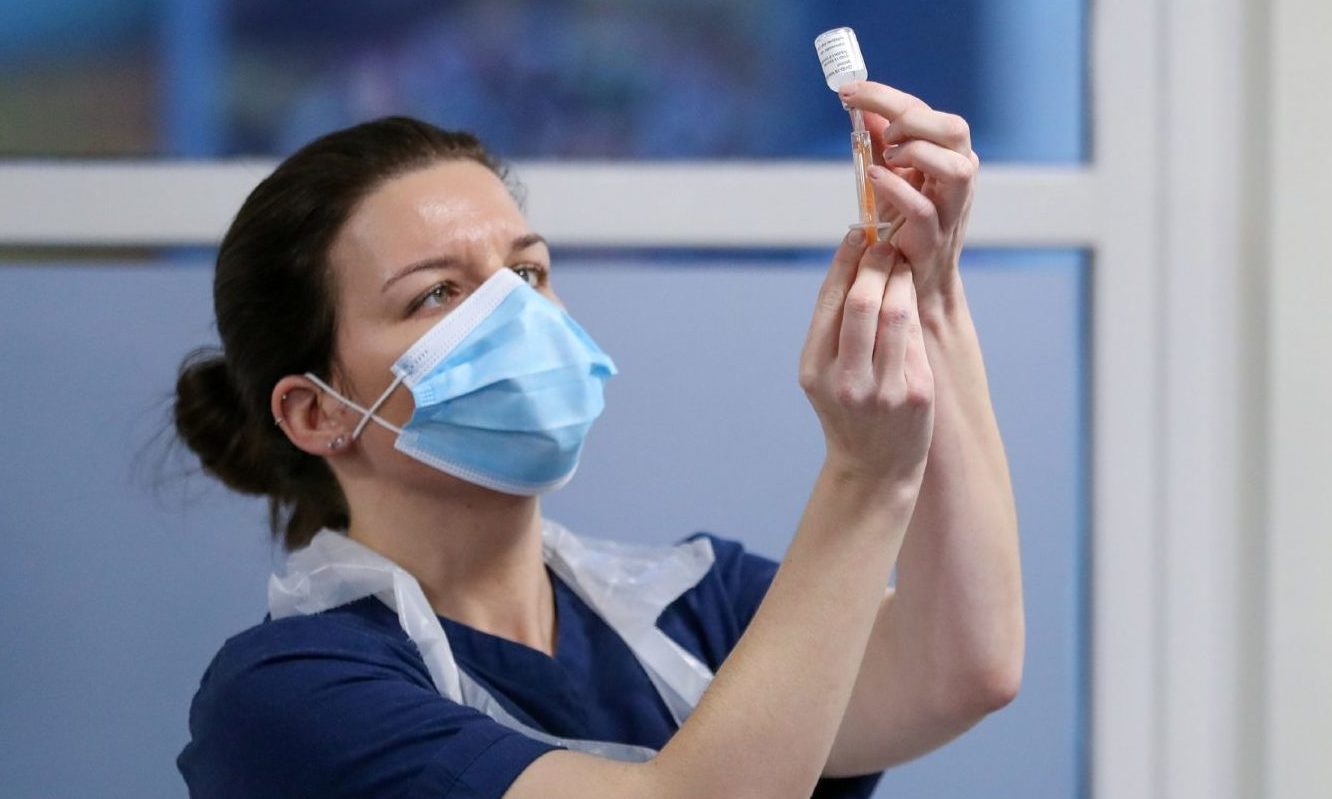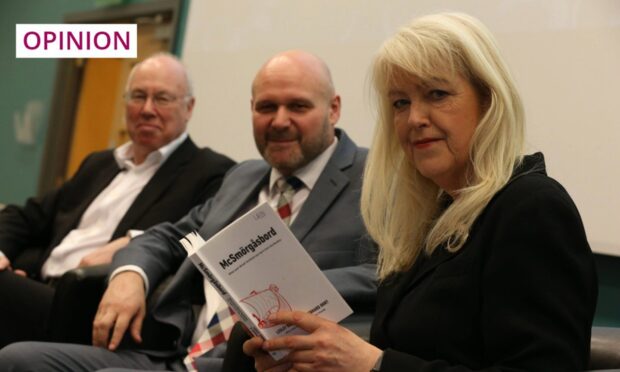To vax or not to vax?
As a long-standing clinician, some might say too long-kept, I am delighted to give my personal opinion on the question I have posed above. Any reader who has got thus far will be pleased to know that this piece will be short on data but, I would say, long on logic.
The primary duty of a doctor is to do no harm. The decision to prescribe or not is based on scientific data, derived from clinical trials, on the safety and efficacy of the drug – these clinical trials frequently enrol many thousands of patients.
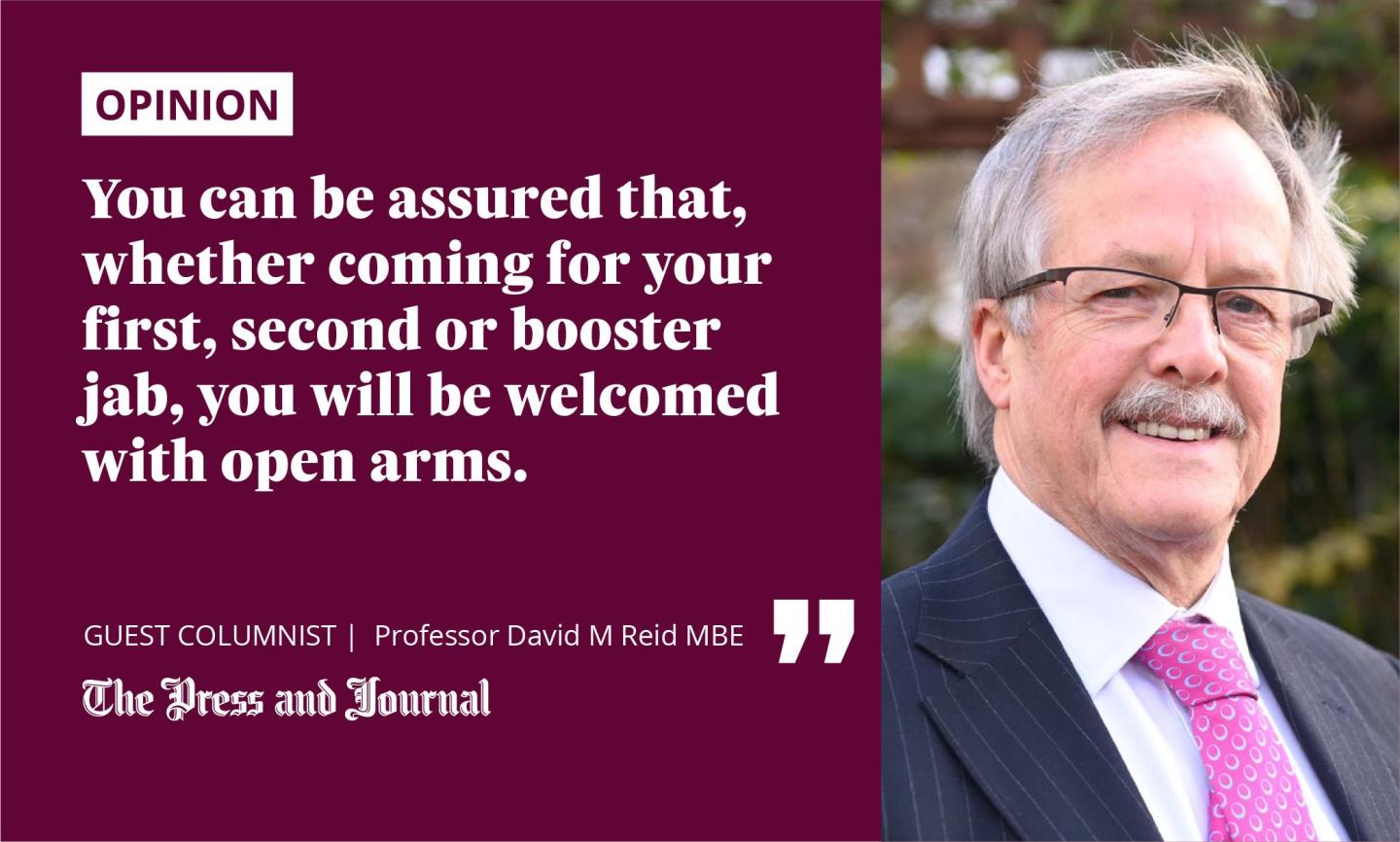
While I understand that expert opinion has become less well-respected during the Covid pandemic, I want to reassure you that in my career experience not only as a clinician, but also as a researcher, we have in the UK world-renowned drug licensing systems, meaning that safety and efficacy data are deeply scrutinised. A product is only given a marketing licence when the benefit highly outweighs the risks.
Further, post-marketing surveillance systems are excellent and will pick up some rare adverse effects which are not immediately obvious in the clinical trial data. I believe we can all be reassured that the very close scrutiny of real data is a much more robust method of finding adverse effects than what might be described as n-of-1 clinical trials – that is, the experience of one person getting a Covid vaccine and self-reporting their adverse effect on social media.
Licensing of vaccines will always indicate who can and who cannot receive a vaccine safely.
Ignore the carrot and look at the data
So, the vast majority of us can receive a vaccine safely, but why would we want to get it?
It may be because we want to go to venues or events where a vaccine passport is mandatory, or because we want to go on holiday or to work in a country which insists on it. Governments across the world, not just in Scotland, have used this carrot as an incentive and, in some cases, it works. However this is not the best reason, in my view.
Which of us wants to read in The P&J of the death of a father or mother, leaving an orphan behind?
Much more compelling is the data on why it is good for each of us, as an individual and for our community in general, that we get fully vaccinated with a first, second and, for all those over 18, third booster dose.
With the Omicron variant, while there is limited evidence that vaccination prevents us from picking up the virus in high-risk settings, there is increasing proof that vaccination helps prevent us from developing serious illness and being admitted to hospital or, perhaps even worse, intensive care. That must be a good individual reason, even for those at low risk – but what is the benefit for our family and the local community?
Which of us wants to read in The P&J of the death of a father or mother, leaving an orphan behind? I was touched by the case of a young woman interviewed on the BBC recently who is awaiting a lifesaving liver and pancreas transplant, but whose operation has been postponed as the hospital has no spare intensive care beds which would be needed, short-term, after surgery.
Highly trained professionals can ease your anxiety
So, for ourselves, our family and our friends, my advice is to get fully vaccinated as soon as we can.
In Scotland, we are currently doing well in terms of the proportion of those over 12 who have received one, two or booster vaccine doses consistently, albeit only slightly better than those in the other UK nations. However, did you know the rates of vaccination in Aberdeen city are amongst the lowest for local authorities in Scotland?
So, this weekend, if you are not fully vaccinated, why not take a bus or walk into Aberdeen City Centre and get your vaccine at the John Lewis vaccination centre, where there are plenty booked and walk in slots available? Help and advice will be happily given from highly trained clinical professionals to anyone who still has anxiety or concerns.
You can be assured that, whether coming for your first, second or booster jab, you will be welcomed with open arms and have a chance to mourn the loss of the John Lewis store.
And then, when you are finished, why not do a spot of shopping, have a bite to eat in one of our fine coffee shops, or book your next holiday in one of the travel agents, all of whom are desperate for our business at this time?
- To check on availability of walk in clinics at Aberdeen City Vaccination Centre and other community hubs, you can call 0800 030 4713
Professor David M Reid MBE is an emeritus professor at the University of Aberdeen and honorary NHS consultant rheumatologist
